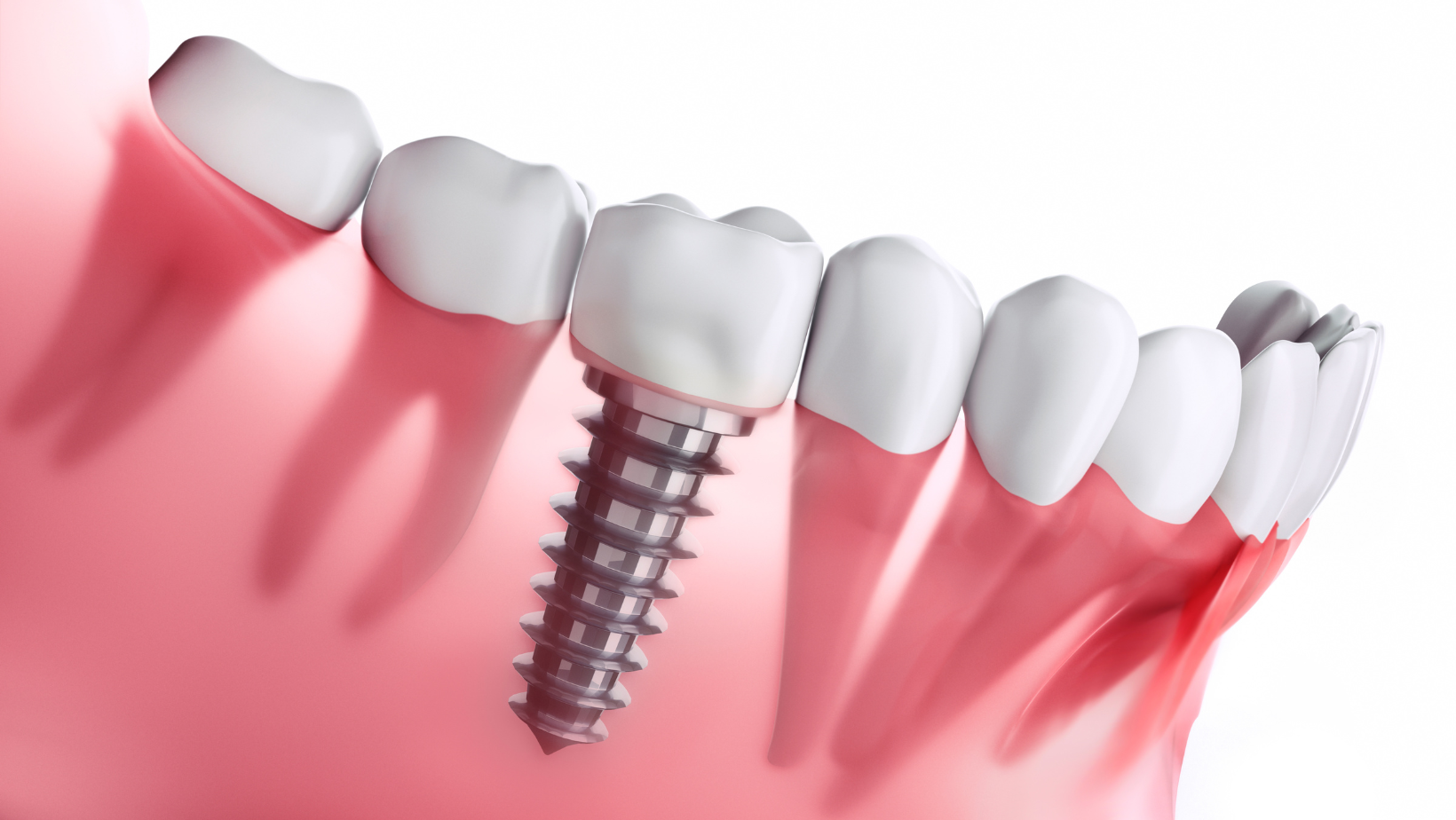
They have become increasingly popular as a long-term solution for missing teeth, but why are dental implants expensive?
Their superior functionality, durability, and natural appearance make them an attractive option. However, many patients wonder why are dental implants expensive?
In this article, we'll delve into the factors that contribute to the cost of dental implants and discuss whether they are a worthwhile investment for your oral health.
1. Expertise of the Dental Professional
One of the main factors affecting the cost of dental implants is the expertise and experience of the dental professional performing the procedure. Implant dentistry requires specialized training, and dentists with more experience or advanced qualifications may charge higher fees.
However, their expertise can often lead to better outcomes, reduced risk of complications, and a more comfortable experience.
2. Geographic Location
The cost of dental implants can vary significantly depending on the region or city where you seek treatment. In areas with a higher cost of living, overhead costs for dental practices are typically higher, which can result in increased fees for patients. Additionally, the level of competition among dental practices in your area can also impact the cost of dental implants.
3. Preparatory Procedures
Some patients require additional treatments before receiving dental implants, such as bone grafting, tooth extractions, or treatment for gum disease. These preparatory procedures can increase the overall cost of your dental implant treatment plan. However, they are crucial for ensuring the success and longevity of your dental implants.
4. Technology and Materials
The use of advanced technology and high-quality materials can influence the cost of dental implants. For example, 3D imaging and computer-guided implant placement can improve the precision and accuracy of the procedure, but they also come with additional costs. Similarly, the choice of materials for your dental implant components and custom-made crowns can impact the price.
5. Number of Implants and Complexity of Treatment
The number of dental implants you need and the complexity of your treatment plan will also affect the overall cost. Multiple implants or more complex cases, such as those requiring sinus lifts or specialized implant systems, will generally be more expensive than straightforward, single-tooth replacements.
Despite their higher upfront cost, dental implants are often considered a wise investment in your oral health for several reasons:
While the cost of dental implants may be higher initially, their long-lasting benefits and positive impact on your quality of life make them a valuable investment. To determine whether dental implants are the right choice for you, consult with a qualified dental professional who can provide personalized guidance and develop a treatment plan tailored to your needs and budget.
Understanding the cost of dental implants is important, but it's equally essential to know your options for financing and insurance coverage. Many dental practices offer payment plans or work with third-party financing companies to help make the treatment more accessible and affordable for patients.
Dental Insurance Coverage
While some dental insurance plans may cover a portion of dental implant costs, coverage varies significantly between providers and policies. It's crucial to review your dental insurance plan to understand your coverage and potential out-of-pocket expenses. Some insurance plans may cover the cost of the crown or abutment, while others may only provide partial coverage for the implant itself. It's essential to communicate with your insurance provider and dental practice to ensure you fully understand your financial responsibility before proceeding with treatment.
Flexible Spending Accounts (FSAs) and Health Savings Accounts (HSAs)
Flexible Spending Accounts (FSAs) and Health Savings Accounts (HSAs) are tax-advantaged accounts that allow you to set aside pre-tax income for qualified medical and dental expenses. If you have access to an FSA or HSA through your employer or as an individual, you may be able to use these funds to help cover the cost of your dental implant treatment. Be sure to check the eligibility requirements and contribution limits for your specific account.
Dental Discount Plans
Dental discount plans are an alternative to traditional dental insurance. By enrolling in a dental discount plan, you can receive a discount on dental services, including dental implants, at participating dental practices. These plans typically require an annual membership fee and do not have waiting periods, annual maximums, or deductibles. Dental discount plans can be a useful option for those without dental insurance or those looking to supplement their existing coverage.
In-house Payment Plans and Third-Party Financing
Many dental practices offer in-house payment plans or work with third-party financing companies to make dental implant treatment more affordable. These plans may allow you to spread the cost of treatment over several months or years, often with low or no interest. Be sure to ask your dental practice about available financing options and carefully review the terms and conditions before committing to a payment plan.
In conclusion, while dental implants may have a higher initial cost compared to other tooth replacement options, their long-term benefits make them a worthwhile investment in your oral health and quality of life.
By exploring financing options and insurance coverage while working closely with your dental professional, you can make the decision that best suits your needs and budget.
Book a free consultation here.